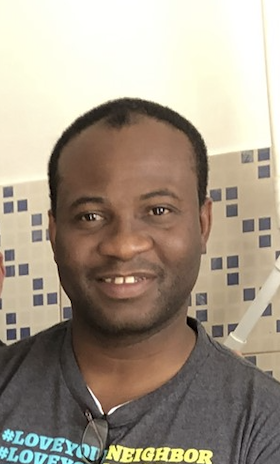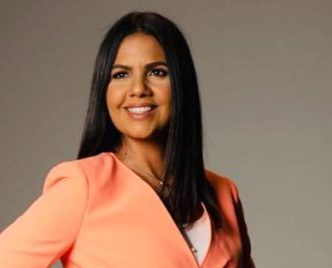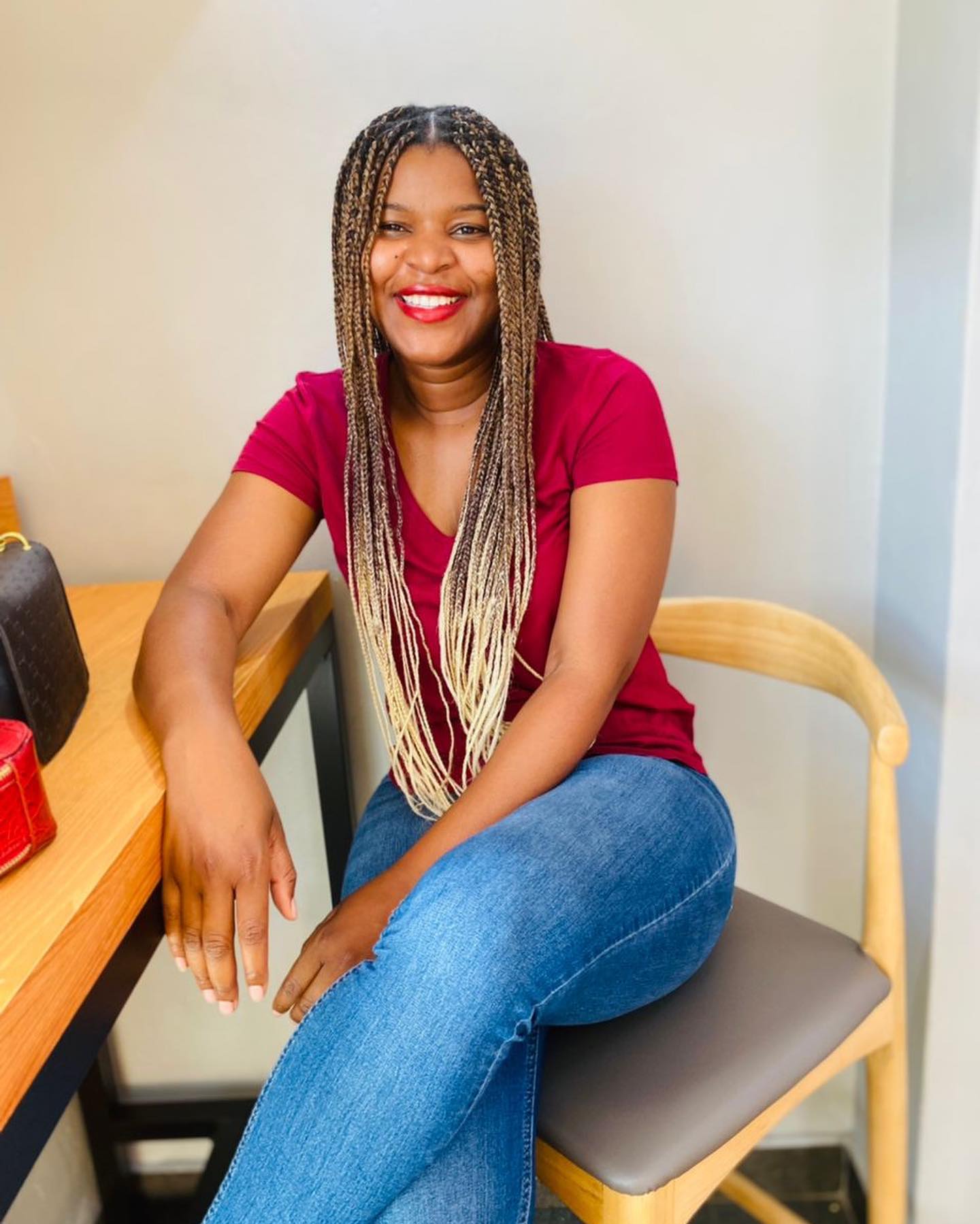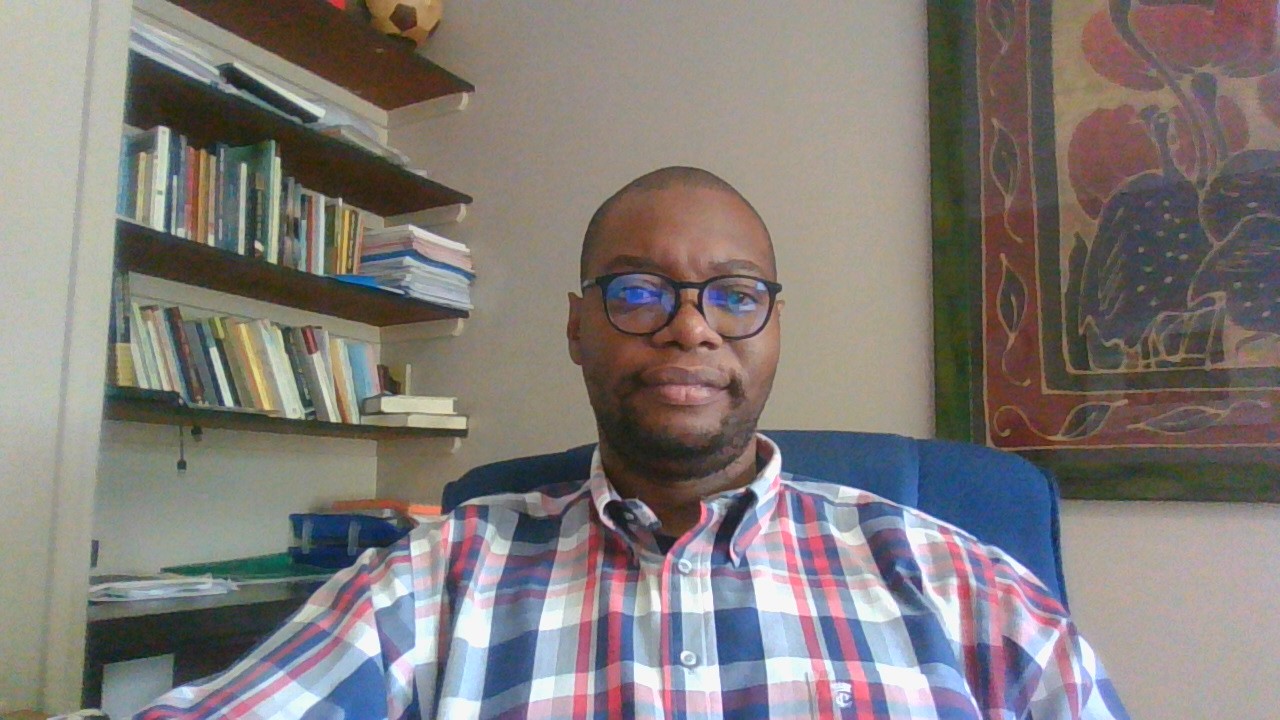Call to Action:
Join the Resurrection Housing & Construction Ministry if you live in the KC area! Sometimes they have special events like "Rock the Block" where they help many families at the same time or you can join a regular team helping vulnerable families with minor home repair, painting, building ramps, etc. If you don't live in the KC area, you can check out Habitat for Humanity who believes in a "hand up" instead of a "hand out". Habitat has opportunities to serve nationally and internationally. Join one of these great organizations and make a difference today!
BIG IDEA:
Bringing leaders together from the different sectors of a community to sit around the table and determine (then work to achieve!) a common goal is the foundation of community development. In today's episode, you heard from Josue in Haiti where he shared his work bringing people together that would usually never agree to have a conversation much less work together. This is where Federations come in. Federations are comprised of leaders from the health, educational, non-profit, government, and religious sectors of society. And those religious sectors include pastors, priests, and voodoo-ists! With a few years of patience capital, training, asset-based planning, and mentorship, these leaders now realize they are the agents of change in their community and are determined to do something about it. One of my favorite lines "skin in the game creates ownership" - so true!
What the What?
Meet the Voices

Josue Andre, Founder and President of Grassroot Community Voices has an incredible heart for vulnerable communities. He could pretty much work anywhere and do anything yet when asked why he remains in a country that is under political upheaval, his response is he wants to help the people of Haiti. He's married with 2 beautiful girls and lives his life as an example.
The favorite part of his job? "When I see hope rising in the communities. I am fighting for something greater than me and I will fight to the end until I can't anyore. I will give whatever I can to help my people." Josue inspires me - I hope he inspires you too!
Thank you so much for listening!
Love, The Podsquad
Call to Action:
When a disaster strikes, do you want to help? If you live in the Kansas City area, you can sign up to be Early Response trained or attend a Chainsaw training but the first step is to become Safe Gatherings certified. Visit the disaster response page to learn more! If you live outside of the KC area, consider engaging in disaster response organizations in your area. For instance you can become CERT (Community Emergency Response Team) trained by your local fire department so that you can help professionals respond to a disaster in your own community. Visit the FEMA CERT website to learn more!
BIG IDEA:
Relief is the response everyone immediately thinks of after a disaster strikes. With that said, it's only one of five stages in a response -one that we often get stuck in - which can cause a whole host of other problems.
A few key takeaways from our guests:
Acronyms, Definitions, and Rules... Oh My!
Meet the Voices

Dr Glorymar Rivera Báez works for ReHace, the social outreach division of the Methodist Church of Puerto Rico. ReHace stands for Rehaciendo Comunidades con Esperanza which in English means "Building Communities with Hope".
When Hurricane Maria struck the entire island of Puerto Rico, Glorymar played an important role in mobilizing local volunteers as well as groups of people coming from the contiguous United States. Glorymar has a passion to help people not only in the relief phase, but to holistically move them from relief into recovery through access to employment, mental & emotional support all while helping them build their capacity.
As always, thanks for listening!
Love, The Podsquad
BIG IDEA:
What is dependency syndrome? When we've been taught that we can't do something, and we start to believe it. The wild part? It's almost never true. In this episode we hear from our staff expert Sheree Reece, and three partners from different places who are working to help empower folks. Listen to episode 7 to find out how Josue Andre in Haiti, Funnie Nkhoma in Malawi, and Rev. Siphiwe Madi in South Africa are working toward unique sustainable community solutions.
MEET THE VOICES:

Funnie Nkhoma – Malawi – Vocational Program Coordinator

Rev Siphiwe Madi – South Africa – Pastor of West View Methodist Church
Siphiwe is an Ordained Minister in the Methodist Church of Southern Africa.
He has served Cross cultural congregations within the MCSA and is currently serving at West View Methodist Church in Centurion, a partner Church of the Church of the Resurrection.
Siphiwe is married to Lwethu and they are blessed with two children, Esihle and Okuhle.

Josue Andre – Haiti – Director of Grassroot Community Voices
Bio coming soon!
KEY TAKEAWAY:
Dependency vrs. Interdependency - The goal is to build a relationship. When we have relational capital we can have more open conversations about what works and what doesn't.
In the clip from Rev. Siphiwe he mentioned a time when he had to have a difficult conversation with us. He was referencing a time when we kept making suggestions, instead of asking questions. In order to have those hard conversations we had to have mutual trust within the relationship. To shake bad habits we have to have open communication and a healthy relationship.
As always thanks for listening!
Love, the podsquad
BIG IDEA
It is important to remember that we have the same human dreams for thriving, but we take different approaches, and we are differently resourced.
Some Key Terms & Resources:
Culture: is an umbrella term which encompasses the social behavior and norms found in human societies, as well as the knowledge, beliefs, arts, laws, customs, capabilities, and habits of the individuals in these groups.
Stereotype: a fixed typically overly simplified idea of a thing or person. As we travel we try to leave our stereotypes at home. We bring an awareness of our stereotypes for the sole purpose of making sure we do not let them govern our decision making or reactions.
Cultural IQ: a measurement of your ability to cross cultural boundaries and relate to people.
Meet Brulan from Haiti
Bio - Brulan is a Haitian entrepreneur with several small businesses. We met Brulan years ago when he was dedicating his time managing the Haiti Methodist Church guest house for international teams that included welcoming work teams to Haiti by leading in-country orientations about the Haitian culture after the earthquake. He loves his country and cares deeply about the people of Haiti and is always trying to find ways to help the most vulnerable populations.

Key takeaways:
Language learning is an act of humility – when you travel somewhere it is helpful to put forth some effort into learning how to communicate. Even if you don’t get the words perfect, the fact that you try the language is a way to show respect and care. It can also help you build relationships with people when you travel.
language learning resources:
Call to Action:
Sign up for Cultural Competency Training! This is a way to increase your cultural IQ, and become more aware of any stereotypes. https://cor.org/serve#d/serve/24973/cor
Thanks for listening!
One of the projects Resurrection has partnered on with Heart to Heart Intl– Haiti (HHI-H) is MUSO (Mutual Solidarity). It is a program that brings people together to save and loan each other money. The interest they pay (2%) goes back into the group to help each other during emergencies as well as work on community projects.
Through training, they learn to save money and budget. Resurrection funds the training and supplies to start the program, HHI-H coordinates the logistics, leads the training, continues mentorship for several years, and does group follow-up. They recently interviewed some of the benefactors that have been involved in the program over the last several years. These are years filled with lockdowns from political upheaval, then COVID. We have a picture and story from Jeanne who is a member of the Moliere (outside Petit-Goave) MUSO group. They have named themselves Confiance (Trust).
I would like to thank the management team of the Molière Federation (local community leaders from a rural community outside of Petit-Goave) and that of MUSO Confiance for having developed Mutual Solidarity in Molière and neighboring communities.
Thanks to the loan granted by MUSO trust with an interest rate of 2% capitalized monthly, I created a small business which specializes in the sale of food products, cosmetics, kitchen and cleaning items. In addition, the loans I received allowed me to develop agricultural activities. These include: the production of beans and yams. With the harvests drawn in the different productions, I made the repayments at the appropriate time. I have paid the debit interest as entered into my contract of service. 30% of the crops are consumed by the family and the 70% are sold to the nearest markets at an affordable price.
Despite the consequences of climate change which caused drought during the spring and summer seasons, in the midst of covid19, I have repaid my loans despite all the overwhelming situations. In addition, in the absence of any pressure to repay the loan, I have paid for my children's regular schooling and they are enjoying a better food ration. With the help of this funding obtained from the MUSO group of Molière, I now have something to live on.
One of the innovative aspects of this experience is that part of the refunded amount has always been deposited into my account as interest credit. For all this, I first thank Almighty God for this noble activity, Heart to Heart international-Haiti and the donor, Church of the Resurrection for all the donations given to the community of Molière to start MUSO.
